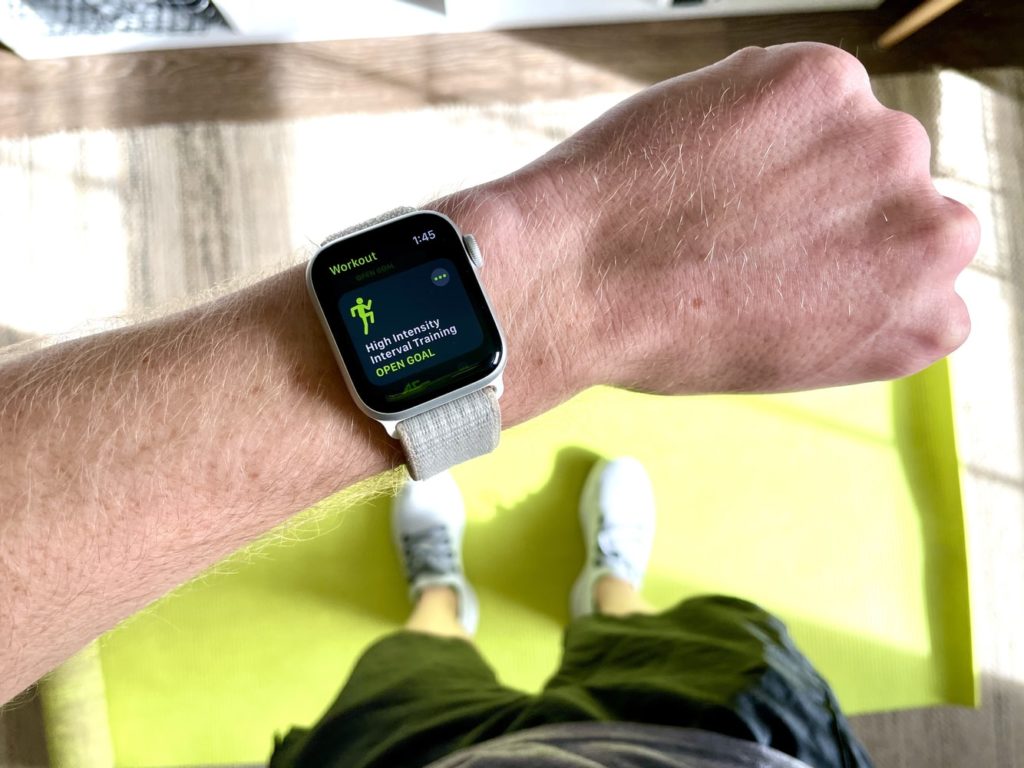
If you’ve been reading my blog for a while, you know that I’m obsessed with mitochondria.
Mitochondria are little cellular power plants. You have trillions of them all across your body, and they produce the power to fuel just about everything you do, whether you’re lifting heavy weight at the gym or thinking through a big project at work.
Mitochondria also play a central role in longevity – the better your mitochondria, the longer you live[*].
With stronger mitochondria, your body literally makes more energy. As a result, upgrading your mitochondria will give you better performance across every part of your life.
The good news is that your diet and lifestyle play a major role in your mitochondrial health. With a few changes, you can optimize your mitochondria for fitness and longevity.
How Strong Are Your Mitochondria?
Biohacking is all about data: you want to measure your body’s baseline, then track improvements in your performance over time.
Mitochondria are no different. You can measure their efficiency, density (more mitochondria means more power output), and more, and you can see whether or not they get better over time.
Testing your mitochondria used to be both invasive and prohibitively expensive. However, these days you can get a Health Intelligence Test from Viome that includes a full mitochondrial assessment, gut health test, biological age, and more, all without leaving your home.
You can test every couple months to see how much your mitochondria improve. I recommend measuring your mitochondrial health at baseline, then trying the lifestyle changes below.
How to Build Stronger Mitochondria
1. Do HIIT
High intensity interval training (HIIT) involves brief bouts of exercise at high intensity, with just a few seconds of rest in between.
If you want to upgrade your body fast, HIIT is your best option. A single HIIT workout increases human growth hormone (HGH) by around 2000%[*] (an hour of strength training only boosts HGH by 200-700%[*]).
HIIT training also boosts testosterone significantly more than other types of exercise[*].
But HIIT doesn’t just improve your hormones. A 2011 study discovered that your body makes brand new mitochondria after a HIIT workout[*].
Try a basic HIIT workout and see how you feel. It should be absolutely exhausting –– but it’s one of the fastest ways to upgrade your body and create new mitochondria.
2. Hack Your Sleep
Poor sleep and sleep disorders lead to mitochondrial dysfunction, slowing down your body’s energy production and making you age faster[*].
Good sleep, on the other hand, keeps your mitochondria strong –– and if you get a few nights of good sleep in a row, your mitochondria will turn on even more at night and improve your brain function during the day.
Mitochondria power your glymphatic system, which clears out toxic proteins and metabolites from your brain while you sleep[*]. Deep sleep will activate your glymphatic system and make your brain stronger, powering up your mitochondria and starting a positive feedback loop that improves your performance over time.
It all starts with a good night’s sleep. Try a few simple sleep hacks to get deeper, more restorative sleep.
3. Fast
Fasting is another simple way to upgrade your mitochondria.
Research shows that fasting prevents your mitochondria from aging[*], keeping you biologically younger.
Fasting also makes your mitochondria more efficient and protects you from cellular stress that damages mitochondria and slows them down[*].
My book, Fast This Way, teaches you how to optimize your fasting for maximum results with minimal hunger. You can also try basic intermittent fasting.
Start Upgrading Your Mitochondria Today
If you want to build powerful, resilient mitochondria, start by measuring your mitochondrial health.
Once you know where you stand, use these lifestyle hacks to improve your mitochondrial function. Mitochondrial upgrades take time, but you should feel the difference within a few weeks –– you’ll notice more mental clarity, more energy, and faster recovery (and you’ll live longer, too.)
And make sure you retest your mitochondrial function every two or three months. That way you can track your improvement, find out what works best for you, and keep getting stronger.













